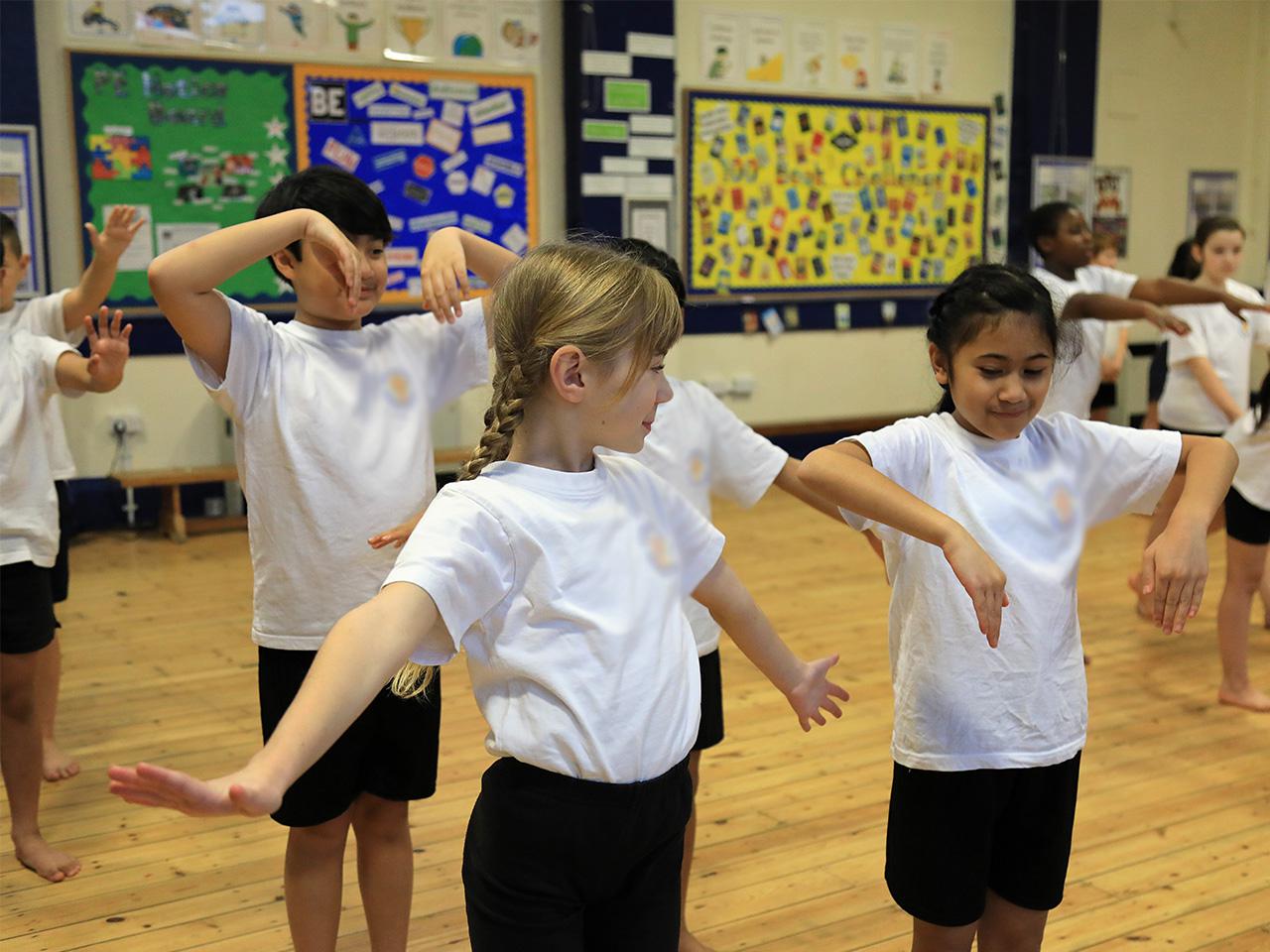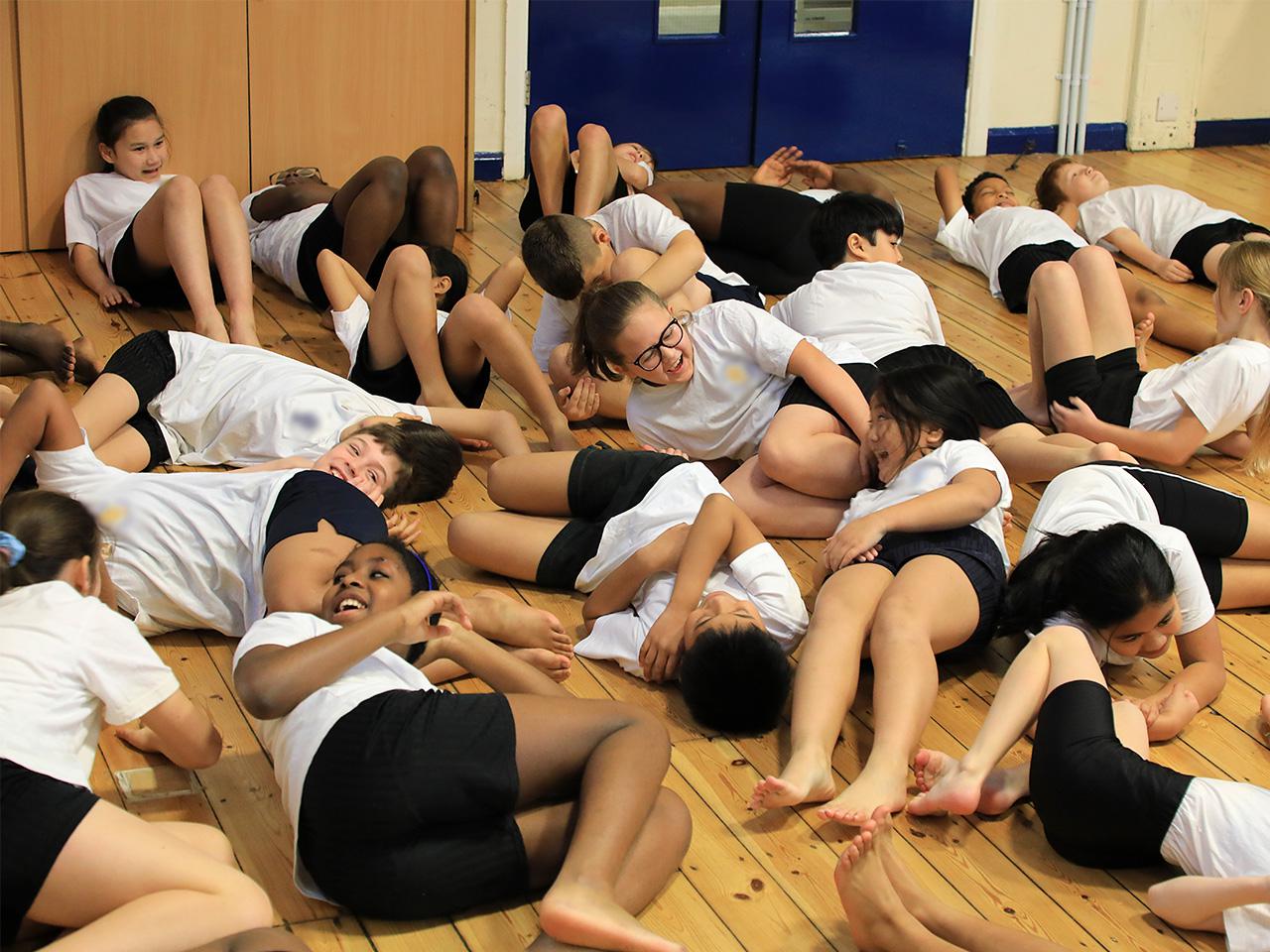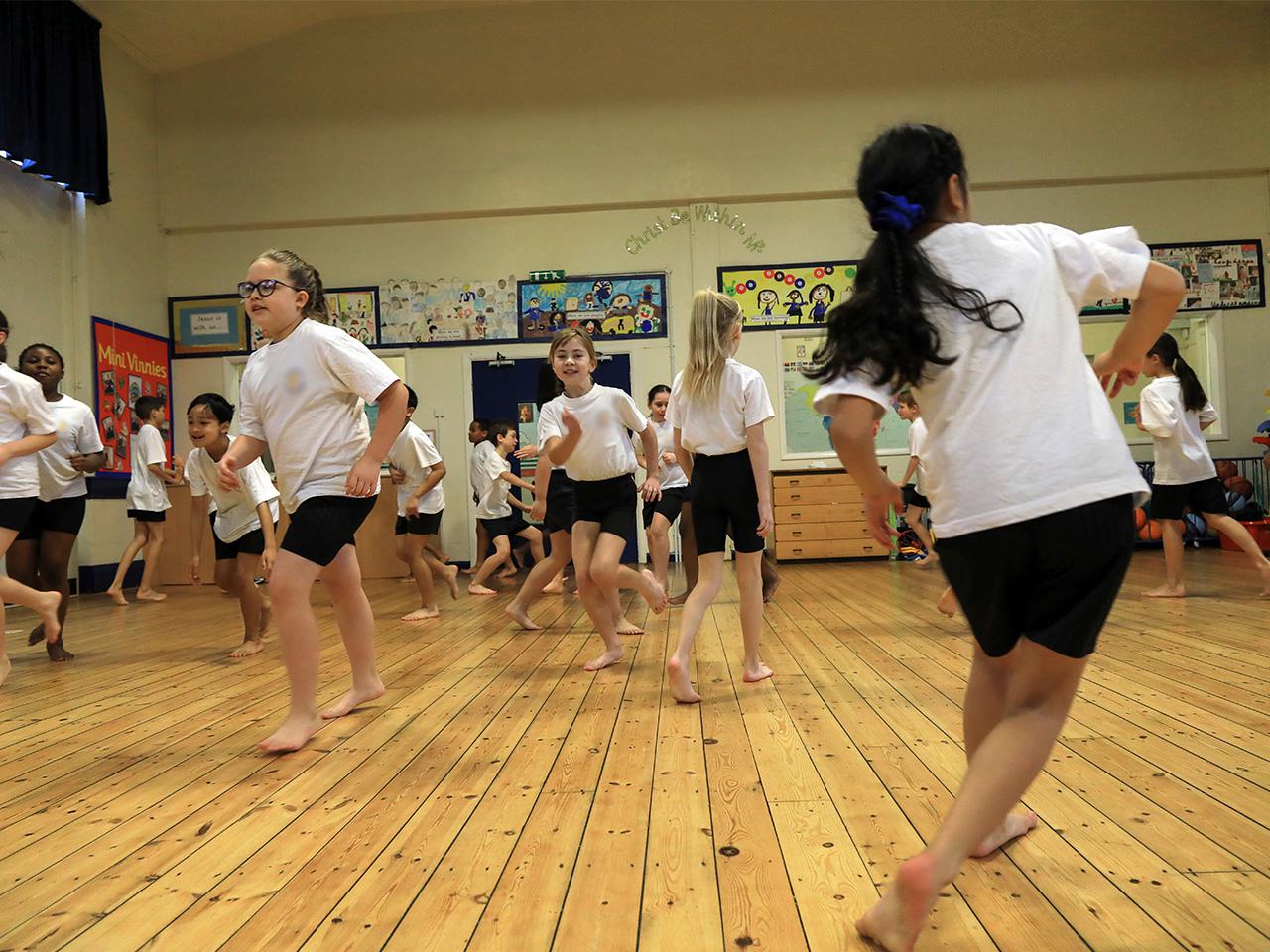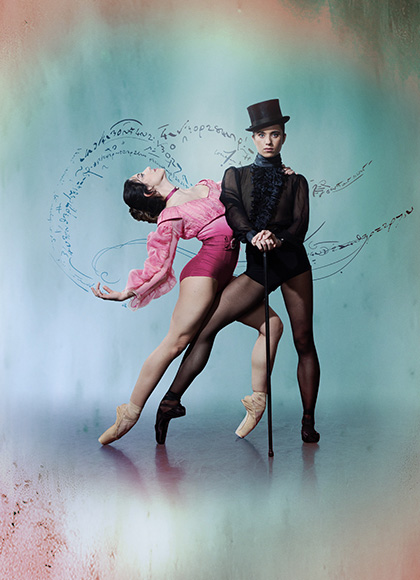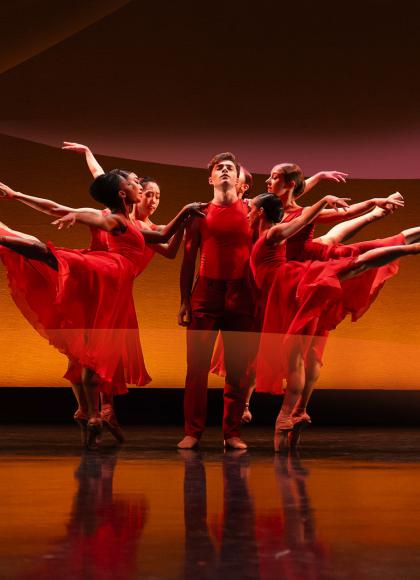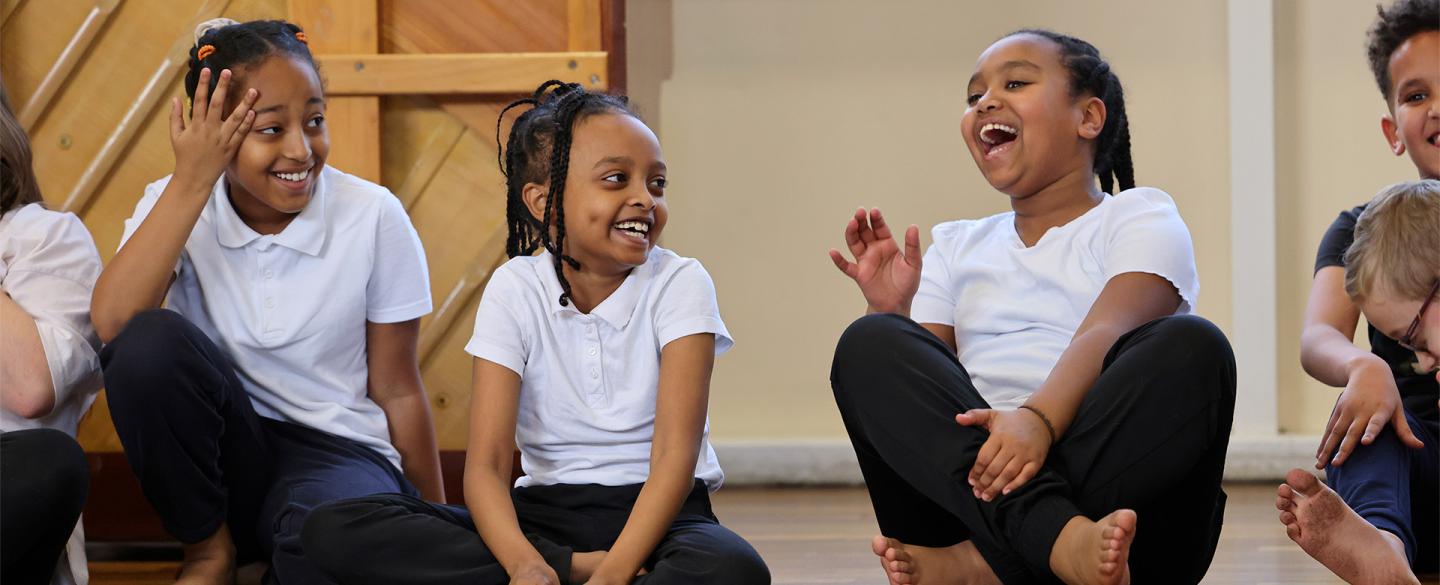
Rise Year Two – The Story Continues
Following a pause due to COVID-19 we’re excited to start delivery of year two of Rise. To help us prepare for the second year of our pilot we have been reflecting on what we achieved in year one and the outcomes and impact the project has had on the wonderful children and teachers we have had the opportunity to work with.
We’ve joined forces with Susanne Burns, an Independent Consultant who works with the Paul Hamlyn Foundation (PHF), who will help us to develop and shape our evaluation framework, ensuring we collect ongoing feedback from those involved in the project. This will help us to develop Rise into an effective model that can be enjoyed by even more schools.
Susanne shares her experience of year one.
‘I am privileged to be able to provide initial advice and support to funded programmes at the beginning of their journey with the Paul Hamlyn Foundation. As a funder, PHF is totally committed to encouraging learning through their grant making, allowing grantees to pilot and evaluate new approaches, to gather evidence about the potential for making a difference and to help organisations decide whether this work has promise and how it might be taken forward. As such it was hoped that grantees would learn more about the effectiveness of the processes and ways of working that they use and the likely outcomes for the participants.
When Northern Ballet asked me to support them with Rise in 2019, I was delighted. The team believed that working through ballet, creative dance and performance with pupils in school they could address issues affecting quality of life for pupils. They were seeking to work with children and young people at Key Stage 2 experiencing high levels of socio-economic deprivation, providing regular access to high quality dance provision, supporting teachers in maximising the impact of the intervention and developing the skills and knowledge of the dance practitioners through co-working with teachers. Northern Ballet’s Learning team do not often get to work on intensive projects so the opportunity afforded by Rise was one that was challenging and rich in relation to strengthening their evidence base as well as identifying ways in which the Company could better support schools in a meaningful way by addressing their priorities over longer periods of time.
After the delivery of year one we brought together staff from the five schools who took part and the Northern Ballet team. I facilitated and supported a round table discussion with the partners that sought to share knowledge, progress, learning and reflection and inform year two of the programme.
The learning was rich – sharing perceptions and bringing the voices of the teachers into the room was invaluable. Of course, they will see things the dance leader does not see – they know their pupils. They know their school context and back stories. Projects often rely on surveys to gather these views but how much more meaningful can a genuine two-way dialogue and conversation be? And how much more empowering and equal?
There was a deep commitment to learning evident in all my conversations with the team and this was reflected in the round table. There was no fear of addressing the things that hadn’t worked - rather a desire for improvement in the second stage of the project and a shared commitment to further improving the quality of the intervention for the young people.
This learning will now inform the planning for year two of the programme and will enable the team to address some new inquiry questions that emerged. For me, this is what a good evaluation process should do – improve quality of delivery, inform project development and help to determine the future potential of the approach and process.
Working with this team of talented dancers and teachers was a great privilege and I look forward to seeing how the next phase of delivery develops as we emerge from the pandemic and how the project can be scaled and developed into a future delivery model for ballet in primary schools.’
“The Rise project has allowed me as a teacher to see strengths I didn’t know my children had and it was interesting to see how quickly they adapted and changed throughout the project. Week four was a real turning point where it was clear to see the class had suddenly ‘got it’ and engaged in the sessions much better than they had done previously”
Class Teacher – Beechwood Primary School, Leeds
Rise is supported with funding from the Paul Hamlyn Foundation, The Liz and Terry Bramall Foundation, The Steel Charitable Trust and The D’Oyly Carte Charitable Trust.
